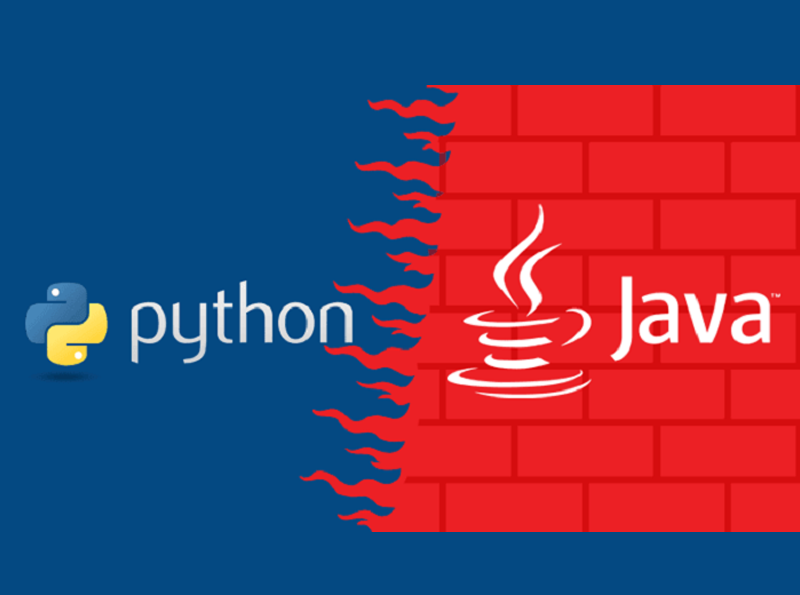AI Programming Languages: Java vs Python
 Artificial Intelligence (AI) is making our lives, work and entertainment smarter with its immense capabilities. Machines with human-like interpretational skills are very much in demand eventually contributing to more and more AI based applications getting introduced. We are here comparing the languages – Java and Python – in the AI programming perspective. Both of these object-oriented programming languages do have some unique differences as are discussed below.
Artificial Intelligence (AI) is making our lives, work and entertainment smarter with its immense capabilities. Machines with human-like interpretational skills are very much in demand eventually contributing to more and more AI based applications getting introduced. We are here comparing the languages – Java and Python – in the AI programming perspective. Both of these object-oriented programming languages do have some unique differences as are discussed below.
Python as it is well known, is simple and has relatively less complex syntax. On the other hand, Java is slightly complex syntax but has the advantage of faster execution speed. This is because type checking is done during compilation in case of Java whereas in the case of Python, this is performed at the run time which results in higher execution time.
Compared to Python, Java has more lines of code. In Java, classes and methods should be defined at first. Python comparatively being less complex, is easy to learn. This being the case, the below are the areas where Java has an upper hand over Python.
Java debugging applications are readily available making the debugging of Java program a relatively easy task. By using its just-in-time compiler, Java offers better performance. Comprehensive library and set of tools make Java suitable for large scale projects. The built-in garbage collector and Standard Widget Toolkit comes handy in intelligent product development.
Since Java byte codes are Platform-agnostic, it can be carried to and maintained in any platform. This provides versatility, transparency and maintainability. Being one among the top five languages, Java has a big community of developers worldwide and this is much helpful in learning and problem-solving.
Programming languages has a pivotal role in the growth of AI. Each programming languages has it merits and demerits. It is advisable to code in the language which the programmer is skilled at.


